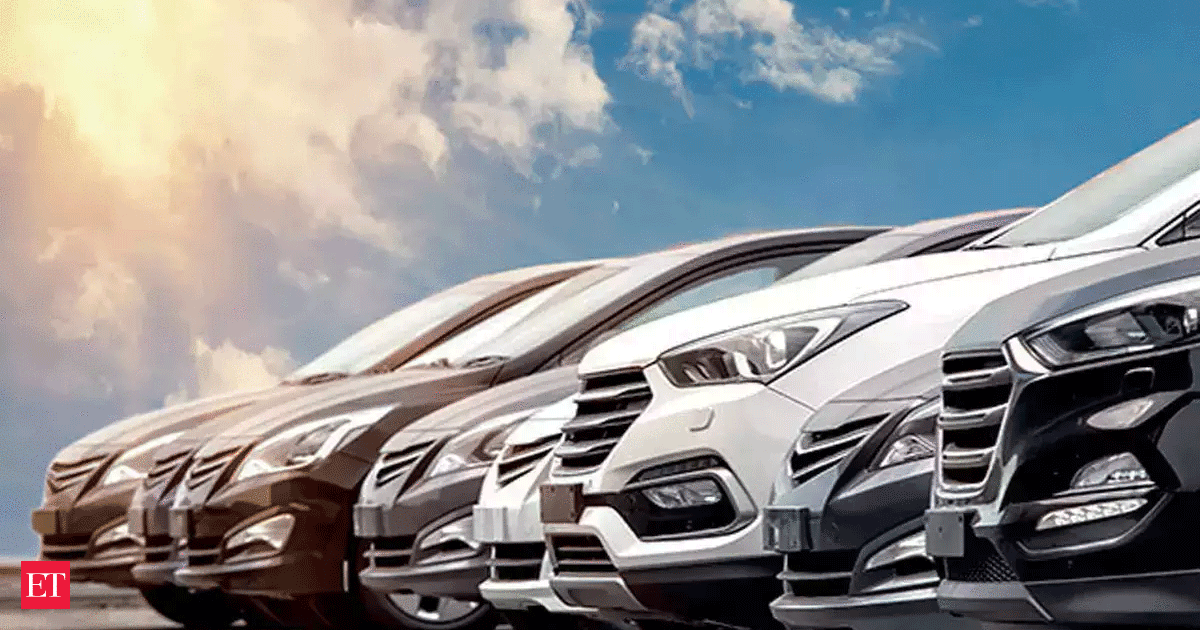By comparison, electric and hybrid vehicles together account for 49% of the Chinese auto market, reflecting rapid and successful growth. transition The low share of electric and hybrid vehicles in India’s car sales comes despite a favourable policy for EVs with lower taxes on such vehicles and incentives for hybrids announced by states like UP.
The robust growth in sales of powerful hybrids in India suggests that consumers and manufacturers are gravitating towards this technology that offers comparatively better fuel efficiency without the infrastructure challenges associated with full electrification, industry experts say.
A key driver of China’s growth has been its strategic focus on plug-in hybrid electric vehicles (PHEVs), which combine the benefits of electric and conventional motors, seen as the ideal gateway to the transition to full battery electric vehicles.
Major Indian carmakers claim that hybrid technology can significantly reduce oil consumption and carbon emissions compared to petrol and diesel cars. However, “they (hybrids) have a viability gap that needs to be addressed. Most countries in the world have some form of financial support to encourage mass adoption of these technologies,” said Rahul Bharti, executive director, corporate affairs, Maruti SuzukiThe country’s largest automobile manufacturer. Incentivizing PHEVs is expected to spur the growth of sustainable and preferred mobility solutions. Currently, high taxes remain an entry barrier for PHEVs in the Indian market. “It will also address range anxiety by reducing the dependency on extensive charging infrastructure. This balance makes PHEVs a practical option in the current evolving scenario,” said Rajeev Chaba, CEO Emeritus, JSW MG Motor India. The company is expected to launch a PHEV model shortly. By setting a minimum driving range requirement for PHEVs, Indian policymakers can incentivize the development of such vehicles with longer electric-only capabilities, while promoting technological advancements in battery efficiency.
“Linking PHEV incentives to a minimum electric range of 50 km is in line with global practices. This range covers typical daily commutes, making PHEVs a practical option to reduce fuel consumption,” said Randheer Singh, former head of government think tank Niti Aayog.
Carmakers say the focus should be on technology that accelerates adoption and the transition to emission-free mobility. Globally, Mercedes-Benz uses PHEV technology for both production cars and high-performance cars such as the AMG. “In India, our hybrids are limited to the AMG segment, and are used more for performance. The AMG S 63 sold in India, for example, has an electric range of 33 km and a battery capacity of 13 kWh,” said Santosh Iyer, MD and CEO, Mercedes-Benz India.
“While China’s rapid adoption of new energy vehicles is transforming global supply chains and technological development, India’s more gradual approach reflects the realities of its infrastructure and consumer market,” said Ravi Bhatia, President of Jato Dynamics.
He added that India can accelerate its transition to clean mobility by balancing domestic adoption with export opportunities.
Disclaimer:
The information contained in this post is for general information purposes only. We make no representations or warranties of any kind, express or implied, about the completeness, accuracy, reliability, suitability or availability with respect to the website or the information, products, services, or related graphics contained on the post for any purpose.
We respect the intellectual property rights of content creators. If you are the owner of any material featured on our website and have concerns about its use, please contact us. We are committed to addressing any copyright issues promptly and will remove any material within 2 days of receiving a request from the rightful owner.

